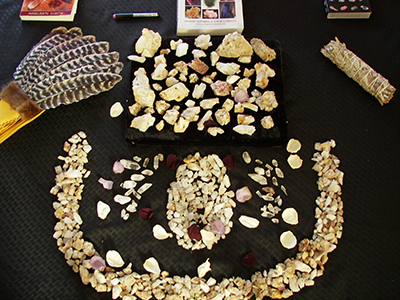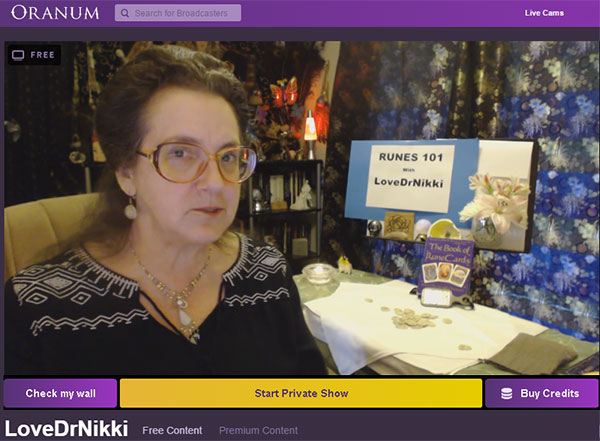Telling Dreams and Your Dream Diary
By Dr Nikki
Dreams are the key to our subconscious. Dreams are integral as a part of our inner psyche. They are able to grant us a look inside and bring information in to focus. Both Drs. Freud and Jung concurred on the single point that our dreams can tell us about things we have kept hidden from ourselves. Dreams are a storehouse of our personal information if we take the time to read their message.
Modern science says the average person will experience at least five truly precognitive dreams during their lifetime. Precognitive dreams or dreams that give you a glimpse of a future event are part of our connection to the power of Spirit. However, they are not the only way your dreams can give you information. Dreams can send you messages about things you need to know, answers to difficult problems, new ways of approaching a problem, and more. These dreams are called telling dreams.
There is one other category of dream to keep in mind. More frequent than either precognitive dreams or telling dreams, the “junk dream” is what most dreams are. Much of the input you receive during the day is not necessarily important. Your brain does its filing while you sleep. The brain flushes this unnecessary data out in dreams as it strengthens important neural pathways and releases the junk.
How do you tell the difference? How do you know if a dream is precognitive, telling or junk? The best way is to get to really know your dreams by keeping a dream diary. Dreams of all types can be elusive. Some dissipate from our mind as quickly as the mists of sleep while others may seem to be completely unforgettable. Dreams are also intensely personal and many of the finer nuances of a dream’s meaning may be specific to you.
Keeping a dream diary can be as simple as keeping a pencil and paper by your beside and writing down your dream(s) immediately after you wake up. Style and sentence structure are not important here, it is all about getting the information recorded. Try using short bullet statements of what you remember in the dream. This will help you to get the story down quickly before you lose the information.
As you record the dream, get enough down for you to be able to recall it when you read the notes. Try jotting down the things that stand out – those are usually the things that carry your message. This takes a bit of practice, but within a few entries, you will be able to efficiently recall and record your dreams. If you have difficulty remembering your dreams, try drinking a glass of water right before going to bed – the late night wake-up can help improve dream recall.
Another way to use your dream diary is to enter a question you are pondering. Meditate on the question for a few minutes before going to sleep, asking that the answer be revealed via your dream. In the morning, write as much as you remember down in your journal. Then you can study the dream in relation to your question to find answers that you have for yourself.
Through using your dream journal and learning the meanings of your dreams, you can access information from your most important source – yourself. If you would like to talk to me about dreams, stop by and visit me Bit.ly/DrNikkiPage – I love talking about dreams and their meanings.



